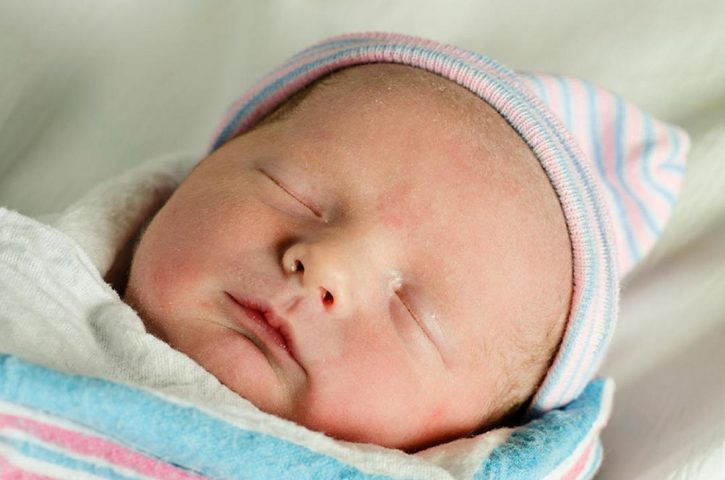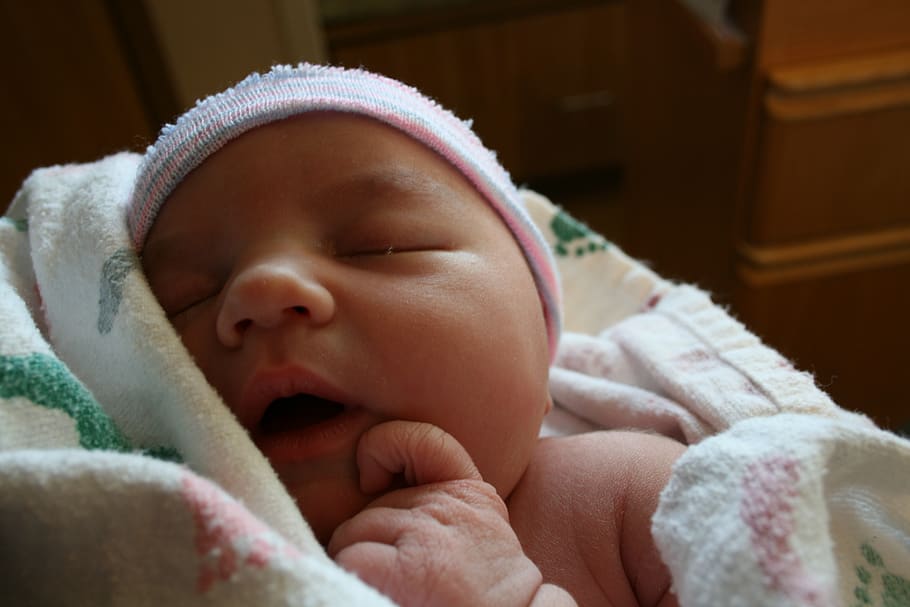USA TODAY: Why the US Birthrate Hitting a 32-Year Low Could Become a Big Problem

Brian Sims Promises Democrats Not to Bully and Harass Pro-Lifers Again, So They Won’t Hold Him Accountable, by Micaiah Bilger
May 17, 2019
Abortion a Deductible Medical Expense? Who Knew? by Chris Woodward
May 17, 2019
newborn_baby_in_hospital. Parents Magazine
By Ryan W. Miller, USA TODAY, May 15, 2019
The birthrate in the USA hit a 32-year low last year as the number of babies born dropped for the fourth straight year, federal health officials said in a report released Wednesday.
More than 3.78 million babies were born in the USA in 2018, a 2% drop from the year before and the lowest number in 32 years.
The total fertility rate in the USA dropped 2% since last year and hit a record low at 1.728 births per woman, meaning not enough babies are being born to replace current population levels.
The total fertility rate “in 2018 was again below replacement – the level at which a given generation can exactly replace itself (2,100 births per 1,000 women),” health officials said in the report. “The rate has generally been below replacement since 1971 and consistently below replacement for the last decade.”
Having fertility rates lower than replacement levels means that the country’s population could become imbalanced. This could stall economic growth with more older Americans relying on Social Security, healthcare and other services, and fewer younger Americans working to support them, experts say.
The report was published Wednesday by the Centers for Disease Control and Prevention.
Birthrates among teens, women ages 15-19, were down 7% from 2017 and by more than half since 2007 levels.
The rates for women ages 20 to 34 also saw declines from 2017.
Older women had rising birthrates. The rate jumped up 1% for women ages 35–39 and 2% for women ages 40-44.
Many younger people are pushing off marriage and starting families later in life.
Do you like the name Liam and Emma? So did a lot of other people in 2018. USA TODAY




